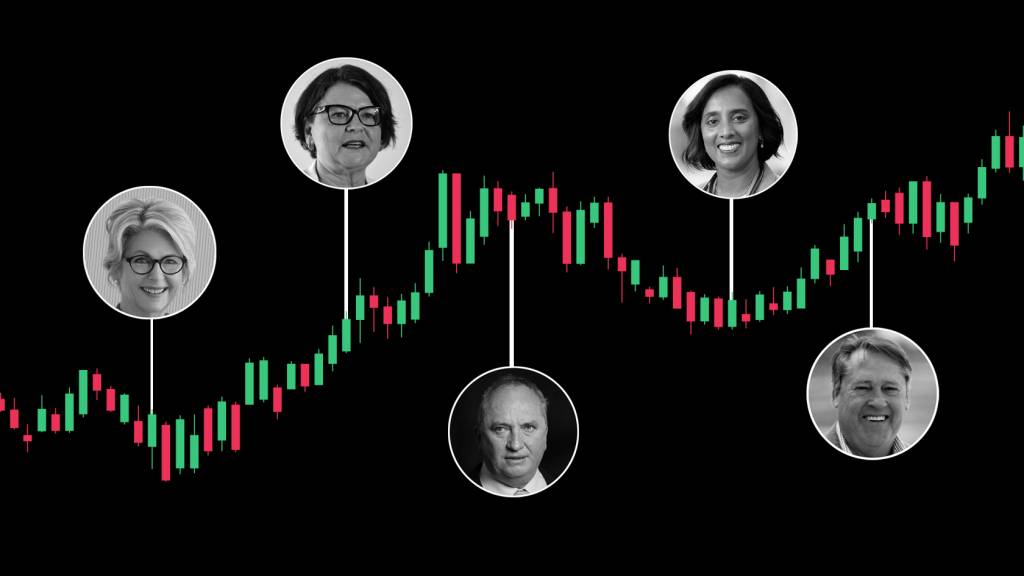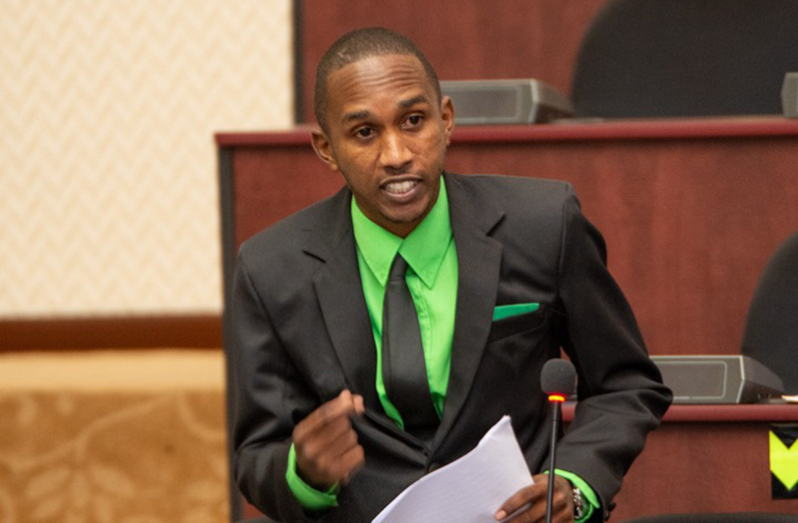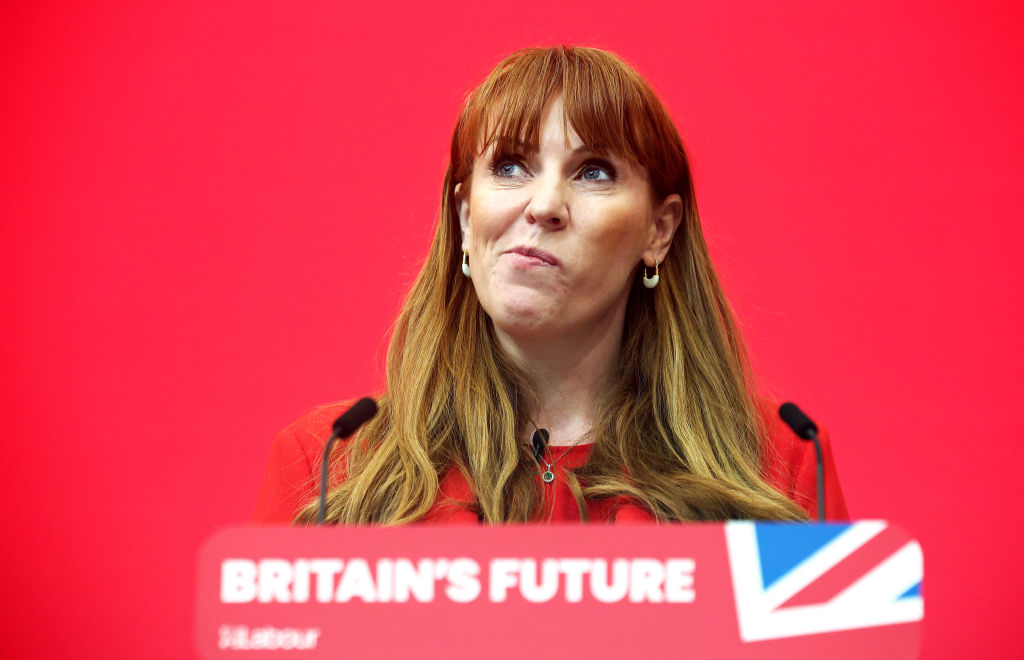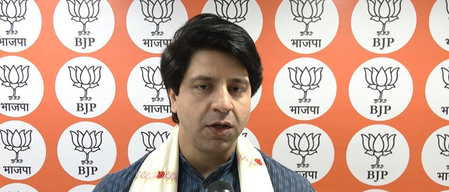By Sean Johnson
Copyright crikey

As they make decisions that can affect the profitability of industries and businesses, federal ministers are prevented from investing in public or private companies while in government. However, there are no such constraints on their family members or parliamentary colleagues outside the ministry.
Crikey believes there should be much greater scrutiny of which companies MPs and their families invest in. There is no current evidence of conflicts of interest and insider trading in Canberra, but it’s vital to guard against these risks.
Exclusive analysis of interest statements by Crikey and Open Politics shows more than 410 shareholdings in 228 listed public companies and exchange-traded funds (ETFs) have been declared since the May 2025 election. This is likely an undercount, as senators are not required to publicly disclose their families’ holdings, and a couple of share declarations were too vague to be included in our analysis.
Nearly one-third of the parliament, 72 members, have declared they or their family have shares in listed companies and funds, and 49 have disclosed personal or jointly held shares. Telstra, the big four banks — CBA, Westpac, NAB and ANZ — mining and energy companies and retail giants are the most popular.
Popular shares
Australia’s biggest listed companies are popular investments with MPs. These are often companies with concentrated market power and friendly regulations, such as the big four banks, the supermarket duopoly Woolworths and Coles, and greenhouse gas emitters such as BHP Group, Santos and Woodside.
But the database and graph below show that politicians and their families are also investing in companies involved in clean energy and the energy transition, with holdings in rare earths and critical mineral companies such as Lynas Rare Earths and Iluka Resources.
Noteworthy too are the number of holdings in ETFs, which allow investors to spread their risk across many companies and invest indirectly in overseas companies. Voters benefit as well, with ETFs reducing the risks of conflicts of interest by not concentrating investments in one company.
Wages of sin companies like Lottery Corporation and Endeavour Group — Australia’s biggest pokies operator and pub owner — also appear. As does Israeli company Nano Dimension, whose subsidiary received a grant from the Israeli Ministry of Defence in 2017 to develop its 3D printing technology.
Biggest holders
Ministers in the Albanese government are prohibited from owning shares in public and private companies, except in limited circumstances. However, there are no restrictions on their families, backbenchers or non-government MPs from freely trading the share market.
One who does with gusto is Labor Senator Dr Michelle Ananda-Rajah. She’s not only parliament’s equal biggest property owner with six houses, she’s also Canberra’s top shareholder, declaring 28 listed companies or ETFs post the election. The good doctor has numerous holdings in healthcare companies, banks and ETFs.
Not far behind her is Liberal MP Rick Wilson, who has 20 joint holdings with his partner in various mining and energy companies, Endeavour Group and ETFs.
The gong for the most declared holdings goes to assistant minister Ged Kearney, whose partner has 44 holdings spread across mining, banks and financial services, and consumer companies, with 14 of the holdings in ETFs. Cabinet minister Amanda Rishworth’s partner has holdings in 10 listed companies across eight industry sectors.
Newbie Liberal MP Tom Venning divested all his shares following his election to parliament in May, telling Crikey that he did so to avoid potential future conflicts of interest and because he wouldn’t have time to buy and sell shares now that he’s in parliament.
Improving disclosures
MPs are only required to disclose what shares they own, not when they trade shares, nor the value of their holdings. Compare this with the US Congress, where representatives and senators are required to disclose all their trading activity, including the exact dates of trades and value ranges.
These US disclosure rules have revealed scandal after scandal involving officials using non-public information to make a profit or prevent losses on the stock market, particularly during the global financial crisis and pandemic. This has led to calls from some Republicans and Democrats for a complete ban on congresspeople and their families owning shares; diversified funds and Treasury bonds would be the only permitted investments.
As mentioned, there’s no evidence of similar insider trading in Canberra, but the lack of a requirement for Australian politicians to disclose their trading activity means it is almost impossible for the public to detect if it is going on.
At the very least, the lack of transparency increases the risk of insider trading, which is why Nationals Senator Ross Cadell is calling for changes to interest disclosure rules to require all share trades to be disclosed along with their rough value.
US politics is a toxic waste dump, but on share trading disclosures and transparency more generally, it’s always been streets ahead of Australia.



